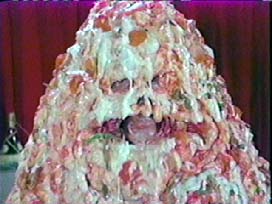wbarnhill
Final Approach
DNA from a prisoner linked someone in his family to a string of unsolved murders in California. The LAPD then mapped out his family tree and focused on his father. They investigated and eventually obtained a discarded slice of pizza which they tested and confirmed the match to the DNA on file for the murders. Amazing stuff.
http://www.npr.org/blogs/thetwo-way...pd-to-alleged-grim-sleeper-killer?sc=fb&cc=fp
http://www.npr.org/blogs/thetwo-way...pd-to-alleged-grim-sleeper-killer?sc=fb&cc=fp


